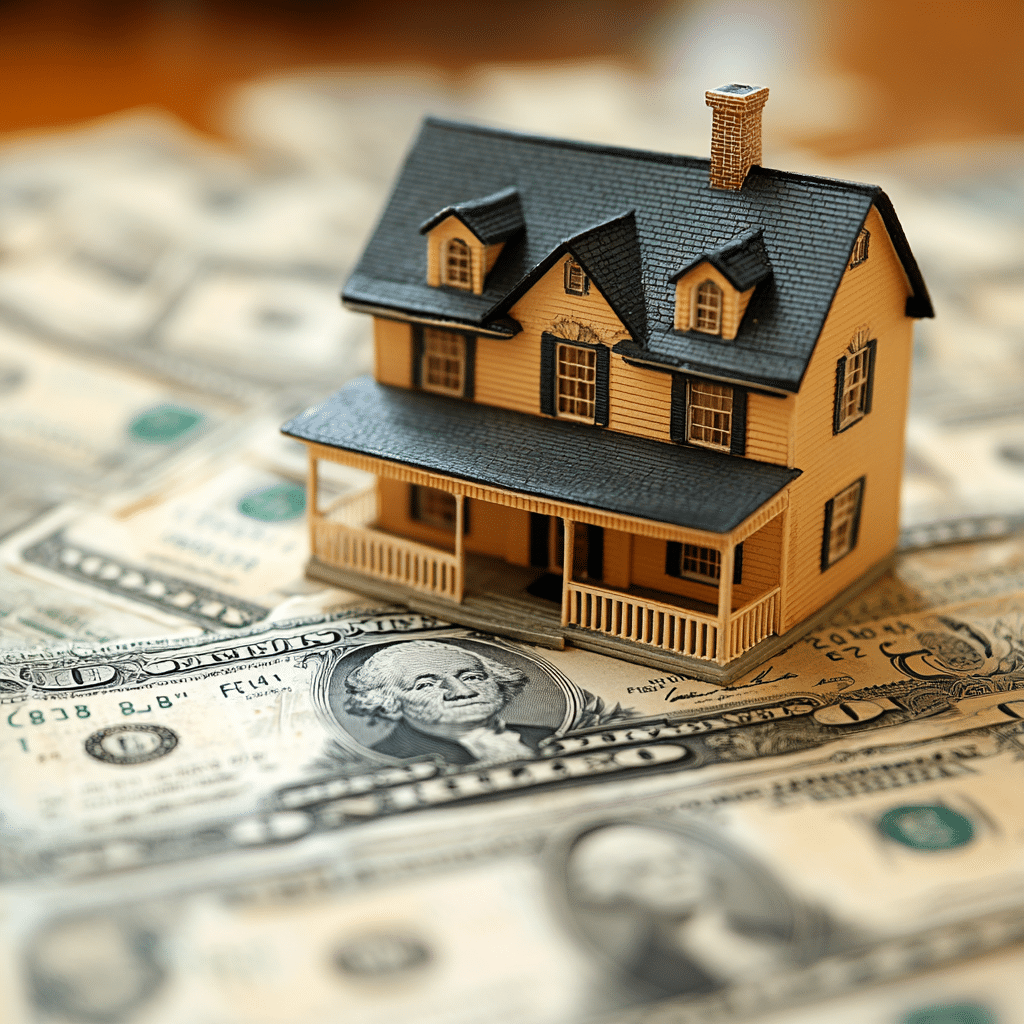Fha Loans Interst Rates Impact On Homebuyers
FHA loans interest rates play a crucial role in determining how affordable homeownership is for many buyers. These loans, backed by the Federal Housing Administration, are especially attractive to first-time homebuyers who may not have the highest credit scores or the largest down payments. Understanding FHA loan rates can help prospective homeowners make informed decisions about their home financing. In this article, we’ll explore what FHA loan rates are, how they impact monthly payments, and how buyers can secure favorable terms.

1. Understanding FHA Loan Rates: What They Are and Why They Matter
FHA loans interest rates represent the cost of borrowing money to purchase a home through the FHA program. Unlike conventional loans, FHA loans typically have lower rates, making them appealing to those who might struggle with larger down payments or stringent credit score requirements. The FHA loan rate is influenced by various factors, including credit scores, market conditions, and federal policies.
The FHA interest rate is a fundamental part of home financing, as it directly impacts not just monthly payments but also the overall affordability of a home. Since these loans commonly feature competitive rates, they enable more individuals to enter the housing market. With rates hovering around 4.50% recently, potential buyers can find themselves in a position that was previously out of reach.
But why do these rates fluctuate? Well, they’re tied to broader economic indicators and can shift based on actions from the Federal Reserve. Changes in monetary policy can nudge rates higher or lower, affecting how affordable homeownership remains for buyers. For instance, following rate cuts during economic downturns, many buyers flock to FHA loans to take advantage of lower costs.

2. How FHA Loans Interest Rates Influence Homebuyer Decisions
FHA loans are known for their attractive rates. A typical FHA interest rate of 4.50% translates to lower monthly payments. For a $250,000 home, this means a principal and interest payment of about $1,270. This affordability allows more families to own homes.
The savings from a lower FHA loan rate are significant over time. Take a closer look: at a 4.50% interest rate, a borrower would pay about $225,000 in interest over 30 years. Compare that to a 6.50% rate, which would yield upwards of $375,000 in interest. Those numbers show just how crucial the right rate can be for your wallet.
FHA interest rates can expand buyers’ purchasing power. If you secure a lower rate, you might find that you can afford a more expensive home. For instance, with a drop from 5% to 4%, your maximum purchase price can rise significantly, enhancing your options and flexibility.
During uncertain economic times, like the market shifts seen in 2020, FHA loans become a popular choice. They offer buyers a way to protect themselves from rising costs and secure a stable mortgage in a changing landscape.
Low interest raises the possibility of building equity faster. When homeowners pay less interest, they can contribute more to the principal, which means they’ll reach that coveted place of owning their home free and clear sooner.
FHA loans do come with mortgage insurance premiums (MIP), which can elevate monthly costs. However, the initial entry costs remain beneficial for many borrowers. Knowing how to balance these factors will help you navigate your financial future.
Changes in federal policy, particularly those by the Federal Reserve, can cause fluctuations in FHA loan rates. Shifts observed in 2021 and 2022 had a definitive influence on buyers’ approaches to home purchasing.
3. Comparing FHA Loan Rates with Conventional Loans
So, how do FHA loans stack up against conventional ones? Let’s dig into a real example:
These comparisons show that for many buyers, an FHA loan can be a more beneficial option, especially for those who may not have robust financial profiles. Lower monthly obligations mean more manageable budgets and greater financial freedom.
4. Variables Affecting FHA Loan Interest Rates
Several variables play a direct role in setting FHA loan interest rates. Understanding these can empower buyers in their search for the best mortgage terms.
Understanding these variables allows potential homeowners to make savvy decisions when selecting an FHA loan.
5. Practical Strategies for Securing Favorable FHA Interest Rates
In the homebuying process, every detail counts. FHA loans and their interest rates are pivotal in determining what’s affordable and sustainable for buyers over time. By staying informed, engaging in smart planning, and effectively researching, future homeowners can set themselves up for success in the ever-changing real estate market of 2024.
By exploring and understanding FHA loans interest rates, buyers empower themselves financially and enhance their journey toward homeownership. Happy house hunting!
FHA Loans Interest Rates: Fun Trivia and Interesting Facts
The Basics of FHA Loans
FHA loans, backed by the Federal Housing Administration, are known for their lower interest rates, making them attractive for first-time homebuyers. But did you know that FHA loans require mortgage insurance? This insurance is vital for protecting lenders against default. Understanding the ins and outs of various insurance options, like insurance Policies Rcv Vs Acv, can help future homeowners grasp their overall financial commitments better. And speaking of financial flexibility, FHA loans have more lenient credit requirements, which means they cater to a broader range of prospective buyers than conventional loans.
Interest Rates Impact on Borrowers
Interest rates on FHA loans can greatly influence affordability. When rates dip, it often signals a good opportunity for buyers. However, if a buyer is caught paying high interest due to market fluctuations, they can find themselves making monthly payments that feel akin to the pressure of a male pee desperation. A common trivia nugget is that the average FHA loan interest rate has varied over the decades, but it’s traditionally lower than that of conventional loan Vs fha loan. This increased accessibility makes a significant difference for those struggling to build up savings for a down payment.
The Bigger Picture
It’s fascinating how FHA loans not only support individual homebuyers but also impact the housing market on a larger scale. These rates play a key role in stabilizing housing trends during economic shifts, helping to balance the scales for buyers and sellers. In fact, the demand for FHA loans can rival even the hype surrounding events like the 50 Cent final lap tour, drawing attention from new buyers eager to secure their futures. For those contemplating between an FHA or conventional loan, factoring in interest rates is just the tip of the iceberg. Understanding options like defining forbearance Loans can empower buyers to make informed decisions that suit their unique financial situations.
So, whether you’re enjoying your home sweet home or pondering where to place your next investment, the interplay of FHA loans interest rates is worth your attention. It indeed shapes the landscape of home-buying, blending market trends with personal aspirations. And with proper knowledge, you can tap into the opportunities that FHA loans bring into the mix!




